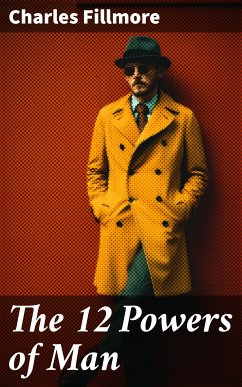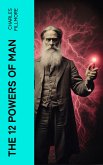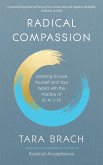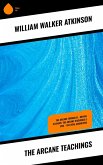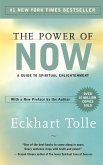In "The 12 Powers of Man," Charles Fillmore presents a metaphysical exploration of the human potential and innate faculties that enable individuals to manifest a fulfilling life. Drawing upon the principles of New Thought philosophy, Fillmore articulates twelve powers, including faith, strength, and wisdom, conceptualizing them as divine attributes inherent within all people. His clear and accessible prose invites readers into a meditative dialogue, merging self-help with spiritual introspection, while situating his arguments within a broader context of early 20th-century American spirituality and psychology, influenced by contemporaneous thinkers such as Ralph Waldo Emerson and Ernest Holmes. Charles Fillmore, co-founder of the Unity Church, was profoundly influenced by his own life experiences, including personal struggles and a quest for spiritual understanding. His dedication to unveiling the spiritual dimensions of everyday life shaped his writings, positioning him as a key figure in the New Thought movement. Fillmore's rich insights stem from both his contemplative nature and a passion for empowering individuals to recognize and harness their inner strength and creativity. "The 12 Powers of Man" is highly recommended for readers seeking transformative tools for personal growth and spiritual awakening. Fillmore's concise lessons and practical exercises offer a pathway to not only understand but also to experience the latent power within oneself. This book serves as an invaluable resource for anyone interested in personal development, spirituality, and the potential for self-realization. In this enriched edition, we have carefully created added value for your reading experience: - A succinct Introduction situates the work's timeless appeal and themes. - The Synopsis outlines the central plot, highlighting key developments without spoiling critical twists. - A detailed Historical Context immerses you in the era's events and influences that shaped the writing. - A thorough Analysis dissects symbols, motifs, and character arcs to unearth underlying meanings. - Reflection questions prompt you to engage personally with the work's messages, connecting them to modern life. - Hand-picked Memorable Quotes shine a spotlight on moments of literary brilliance. - Interactive footnotes clarify unusual references, historical allusions, and archaic phrases for an effortless, more informed read.
Dieser Download kann aus rechtlichen Gründen nur mit Rechnungsadresse in A, B, BG, CY, CZ, D, DK, EW, FIN, F, GR, H, IRL, I, LT, L, LR, M, NL, PL, P, R, S, SLO, SK ausgeliefert werden.

